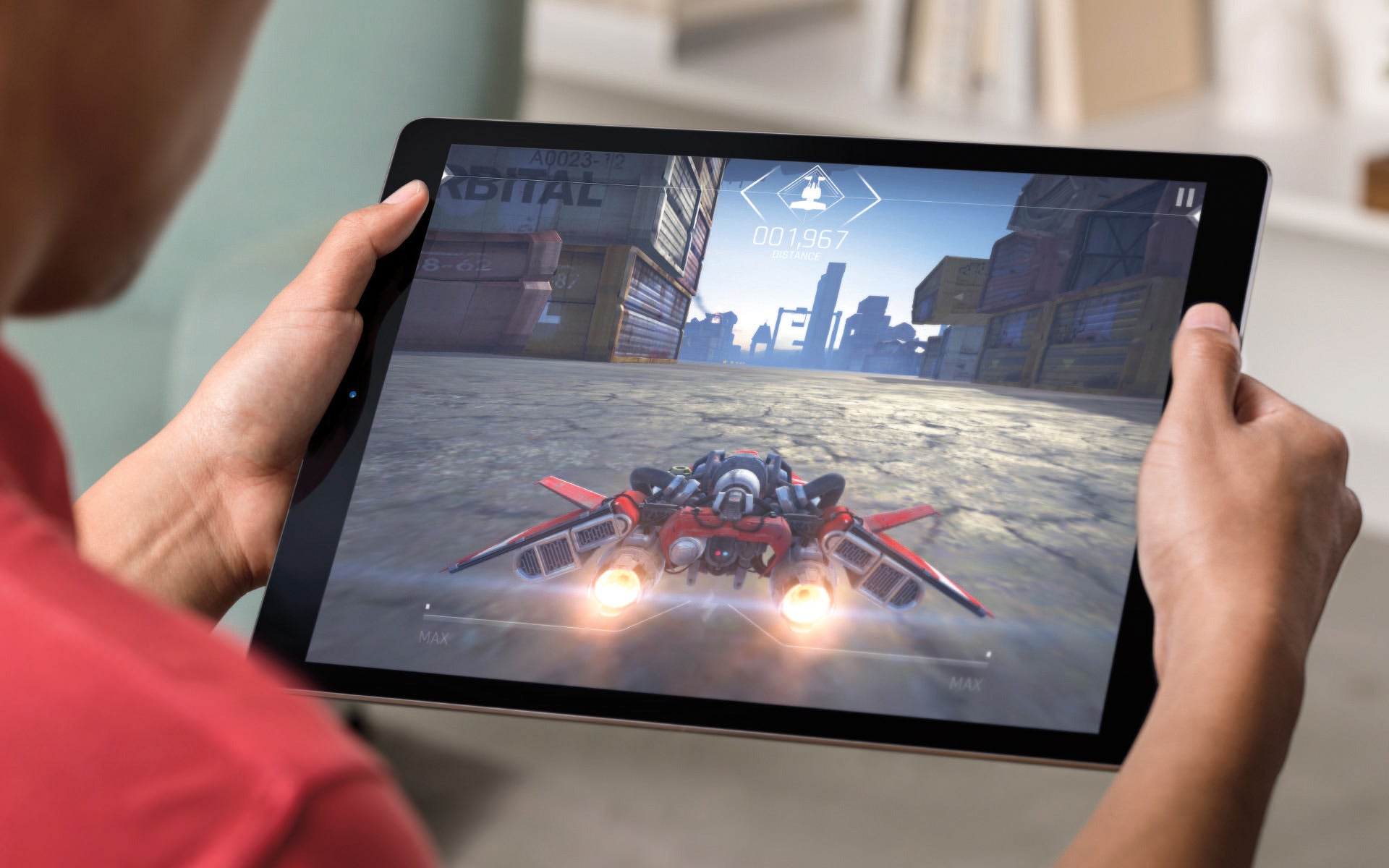TABLET OPTIONS: WHAT’S BEST FOR YOU?
Have you considered buying a tablet computer? There are certain advantages in owning one. Tablets handle all of the functions that smart phones do, but have much larger screens. If you want to watch videos, or you need to examine documents while away from home, a tiny phone screen might not be enough. And with a wireless mouse and a plug-in keyboard, a tablet can function like a full-size laptop or desktop computer. No other electronic device is as versatile.

How do you pick the right one, though? You have multiple options, with widely varying specs and features. You’ll need to consider operating systems, battery life, screen size, memory, and accessories.
What will you use it for?
If you want to use your tablet for graphics, you’ll need a large screen size, high resolution, and support for a stylus. If you plan to use your device for watching videos, screen size and battery life could be crucial- especially if you use your device away from home. If portability is important, you’ll want one of the smaller and lighter models. If you need to process huge amount of data, you’ll need plenty of memory and processing speed.
Operating Systems
If you want advanced graphic functions, an iOS device is probably your best choice, though Android and Windows 10 are beginning to catch up. In our view, the iPad Pro with the Apple Pencil would be the ideal combination for graphics. If you’re accustomed to Windows, Microsoft’s Windows 10 OS offers a complete desktop operating system in a tablet. Android devices are compatible with a wide variety of other devices- and they usually cost less than Apple devices.
Price
Apple products tend to cost much more than Windows or Android devices. The iPad sells for $329 to $559. Tablets in the iPad Pro line sell for $649 to $1279.
If you’re budget conscious, an Android tablet would be a better option. The Amazon Fire HD 8 version is a bargain at just $80 through Amazon. The Lenovo Tab 10 costs just $119. The Asus ZenPad 8 costs $128. At the upper end for Android tablets, the Samsung Galaxy Tab S3 starts at $598 (Amazon); the Google Pixel C sells for $685.
Windows 10 tablets tend to fall into the middle of the price range. Microsoft’s Surface Pro tablet, which functions almost like an iPad Pro, sells for $719. The HP X2 Detachable sells for $250.
When evaluating price, consider the cost of accessories. For most Windows 10 tablets, keyboards are included.
Our Choices
For graphics, and the most complete range of functions, we’d choose the iPad Pro with the Apple Pencil. If you don’t like the Apple system, the Surface Pro is a solid alternative.
For tight budgets, we recommend the Lenovo Tab 10 or the Asus ZenPad 8. The Amazon Fire HD 8 is cheaper- just $80. But Amazon Fire users lack access to the Google Play Store. For us, the more limited selection of apps is a disqualifier.
(To get the most from your computer, you need the right internet service. For the best deals in home internet, shop with Satellite Country. Talk to us. We can help.)


